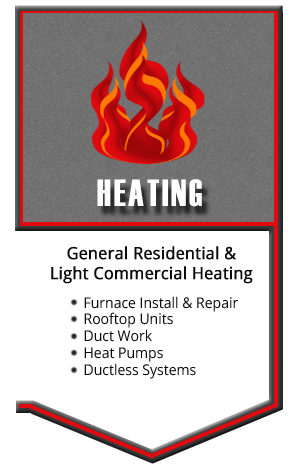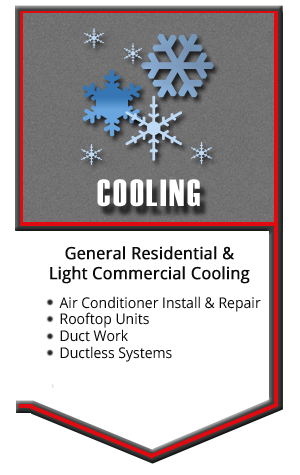8 Important Considerations for Choosing a Home Comfort System
1. Efficiency
An efficient home comfort system saves money on heating and cooling costs and carries a lower carbon footprint. Systems with the ENERGY STAR label can save homeowners up to 20 percent on annual energy bills, and they may qualify for tax credits under the U.S. Energy Policy Act of 2005. Additionally, local utilities often offer rebates on high-efficiency systems, saving homeowners even more money.
2. Size
Bigger isn’t necessarily better when it comes to a home comfort system. An oversized system will cycle more often than a properly-sized one, which increases wear and typically requires more repairs. Additionally, an oversized system won’t effectively control the humidity level in the home. H&H Plumbing Heating & Cooling uses Manual J, the ACCA-designed protocol, to calculate the correct size of a residential heating or cooling system.
3. Reliability
Home comfort systems are a major purchase, and one that is unreliable can cause serious headaches and financial strain for a homeowner. Choosing a product with a proven track record from a reputable manufacturer is essential for peace of mind and ensuring a high level of reliability for the duration of the system’s operating life.
4. Noise
Furnaces and air conditioners can make a lot of noise. In fact, some traditional systems operate at decibels comparable to a garbage disposal. Systems with electronically commutated motors, or ECMs, operate more quietly than traditional motors, and they also use less energy and have a longer operating life.
5. Consistent Comfort
Traditional comfort systems blow air at a constant speed, regardless of the real-time heating and cooling needs of the home. This can result in a difference of up to 7 degrees between the thermostat setting and the actual temperature. Variable speed and two-stage systems adjust the speed of the air based on actual needs, ensuring precise control over the temperature.
6. Optimum Humidity
Experts recommend a home humidity level of between 30 and 50 percent for comfort, good health and mold control. A comfort system with a built-in dehumidifier offers the homeowner better control over humidity, which can be controlled with the thermostat.
7. Proper Air Flow
Single speed systems cycle more frequently than those with variable speeds, which means there are more periods of time when air isn’t circulating through the home. Variable speed systems adjust the speed of the air flow for less cycling and better air circulation.
8. Air Quality
The air in the home is much dirtier than the air outside, and the home comfort system is the first defense against poor indoor air quality. Whole-house air cleaners built into the HVAC system trap more contaminants than the filter alone can, eliminating allergens, bacteria and viruses to ensure better respiratory health.



